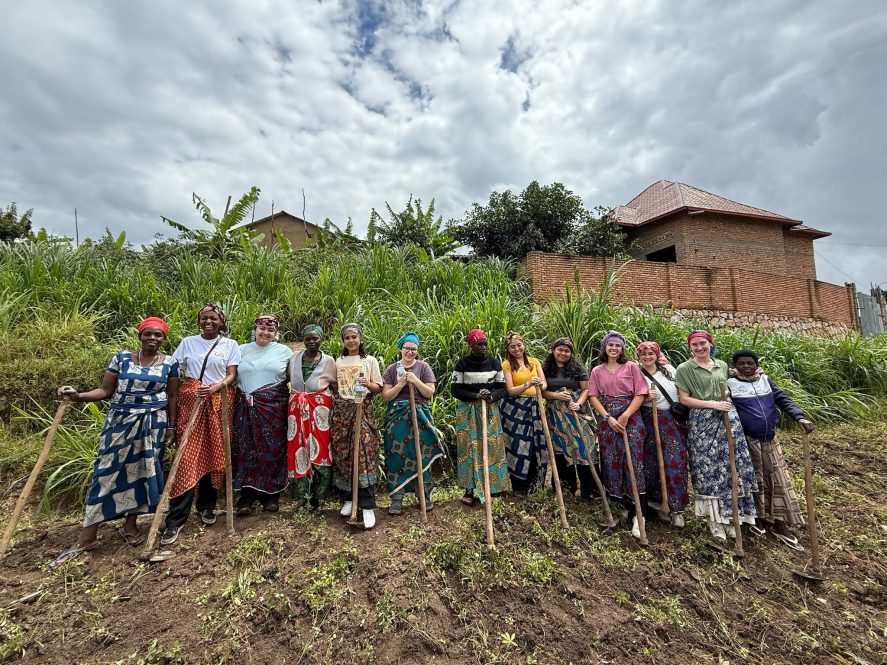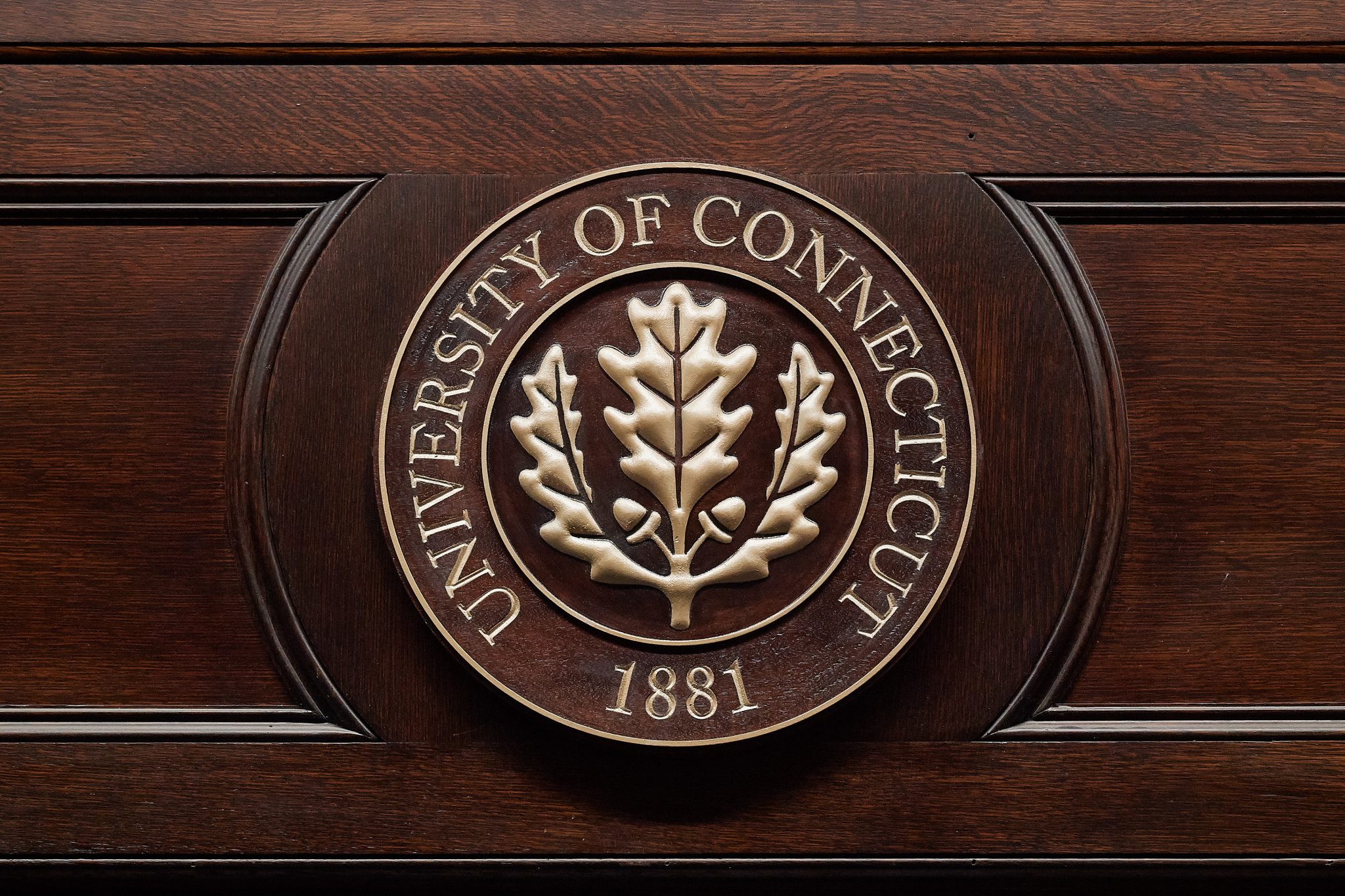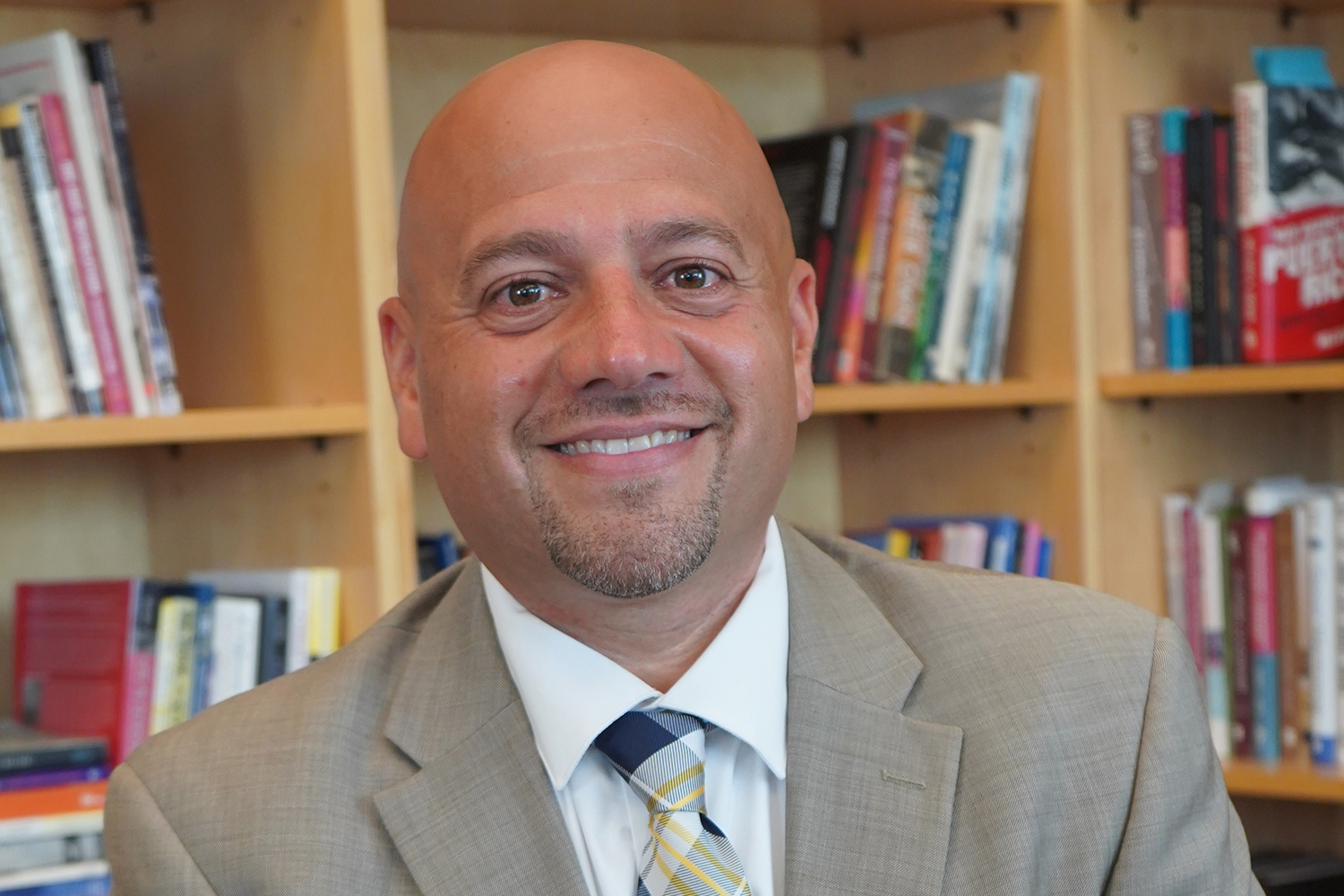Within six weeks, UConn School of Nursing seniors Caroline Gozaloff, Hannah Hidalgo, Audra Porowski, and Emma Bourassa, assisted in the labor and delivery of at least four births through the experiential learning program in Rwanda, giving them the global clinical experience of a lifetime.
“We were able to handle the baby right after birth to do a newborn assessment,” said Gozaloff. “Doing the newborn assessment with an actual newborn and being one of the first people to touch a newborn was very overwhelming at the time, but so exciting.”
In total, eight students took part in the Rwanda Experiential Global Learning (EGL) program. It’s designed specifically for nursing students, giving them a hands-on experience in labor and delivery. The program is mainly taught out of Kigali, the capital and largest city in Rwanda. However, students got to explore outside of the primate city visiting Akagera National Park, Lake Kivu, and Byimana.
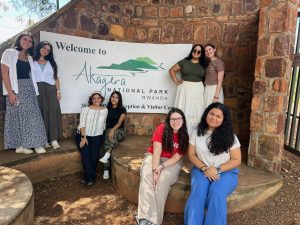
“I really wanted to go abroad somewhere, and I didn’t know where to go to,” said Porowski. “I feel like this is the best of both worlds because I was able to do clinical on top of it and go see so many different cool things while over there.”
The course – Theory and Nursing Practice for Perinatal and Women’s Health /NURS 3334R (6 credits) – consists of lecture twice a week and participation in clinicals. This allows students to take what they have learned in lecture and apply it in clinical practice.
The program is made possible through the collaboration between the School of Nursing, the Experiential Global Nursing team, and its Rwandan partners. This partnership fosters a learning environment where students and faculty can engage across cultures and learn as global nursing professionals.
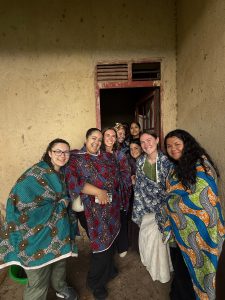
“When nursing students engage with communities beyond our borders, they see nursing in a new light,” said Michelle Cole, DNP, MSN, RN, CPN, director of global initiatives for UConn Nursing. “Global experiences such as the Rwanda program broaden perspective, foster cultural humility, and shape compassionate, globally minded nurses ready to impact the world.”
Each student shared how much this program contributed to their knowledge of nursing outside of the United States. Being able to combine clinical practice with a new cultural experience was a main reason why these students were interested in the program.
“It was the trip of a lifetime. Anyone who looks into this trip could see not only are you getting a once in a lifetime cultural aspect, but you’re getting a clinical perspective that [you] won’t see here,” said Gozaloff.
The students were led and taught by Pamela Meharry, Ph.D., CNM, RN, with support from two midwives. They were able to see every step of a pregnancy, from labor and delivery, to postpartum, to caring for high-risk patients.
“The experience we get in clinical is beyond valuable. We get to do so many things that I didn’t think I’d ever get to do in a clinical rotation,” said Bourassa. “We get to help these women give birth and we’ve never done this before, but we don’t feel scared because we feel prepared and excited…It’s a really great experience because you’ve gained so much knowledge and you grow so much as a person…It was life changing.”
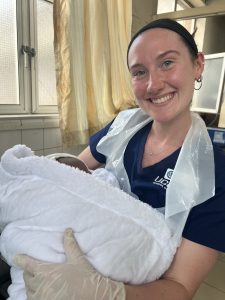
Porowski emphasized how hands-on the program was and how much exposure they got during clinical. She also acknowledged how much admiration she has for the nurses and doctors they met, from how they treated their patients to their willingness to teach each one of them.
For Hidalgo, the program reaffirmed her passion for community health. Making a difference and learning different healthcare systems outside of the US is what drove Hidalgo to go on this immersion, but what she got out of it was much more than she had dreamed of.
“You never know the difference you can make until it actually [happens to you]. It made me realize that this is what I want to do. This is why I came into the healthcare field, because I want to make a difference for anyone I can,” said Hidalgo.
Outside of clinical and lecture hours, the students also got to participate in numerous activities. They visited the Nyamirambo Women’s Center, the Kigali Genocide Memorial, and they went on a safari.
One of Bourassa’s favorite days was participating in ‘a day in the life of a village woman,’ where they assisted in day-to-day tasks. Bourassa recalled peeling potatoes, gathering water, feeding the cows, and making bracelets.
“We did so many activities, it was just so cool to see how they live their lives each day and getting to be a part of it was amazing,” she said.
Each student reflected highly on their time in Rwanda. From the clinical hours to the cultural exposure, they all gained valuable experiences that they will carry with them throughout their career.
“I think a big part of nursing is being able to relate to your patients and being able to understand them and their differences. You’re there to help heal them in every aspect, and that’s including mentally and socially,” said Gozaloff.
